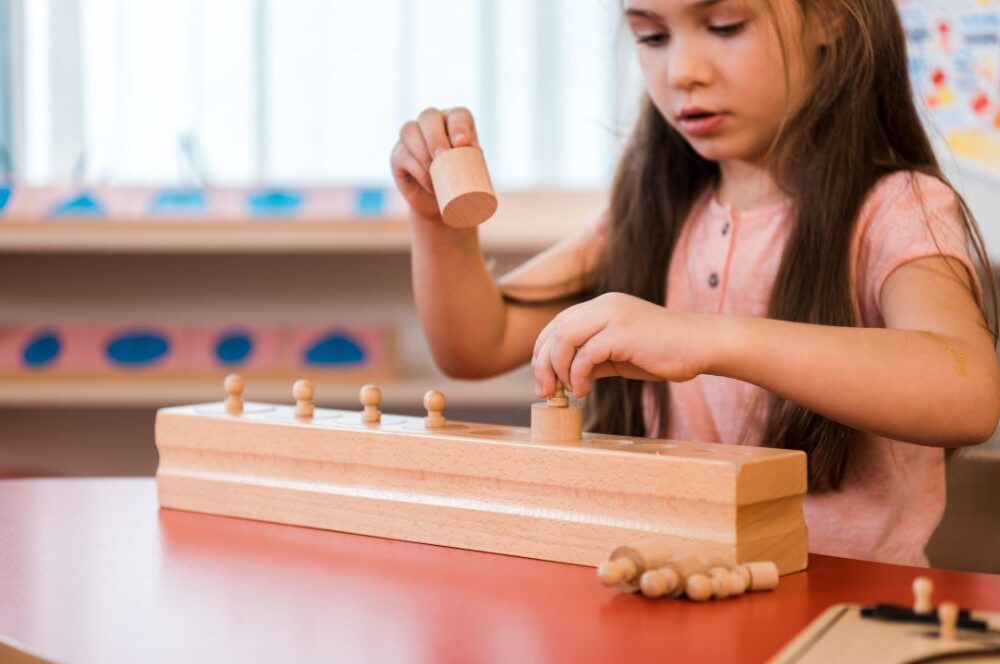
Montessori schools are popular today, being well-trusted and respected for their commitment to providing quality education to young children. Their philosophy is based on the belief that a child’s potential is best realized when they’re allowed to work and learn in an environment that encourages discovery, exploration, and self-expression. Below are some of the many ways these types of schools can help give your child an early educational advantage.
Encourage Creativity
Traditional schools have a tendency to focus on rote memorization and a more structured curriculum. Montessori schools, by contrast, place an emphasis on creativity in the learning process. Children in these institutions are encouraged to engage in activities such as art, music, and physical education that allow them to explore creativity outside of the traditional classroom environment. These extracurricular classes help nurture their creative skills, a trait that can be vital for success in later life.
Create Balance
Many parents fear that these institutions don’t have enough balance in their curriculum. On the contrary, according to Forbes, Montessori schools had opened in other European countries by 2019, and in 1911, the first one opened in the United States as a private school in Scarborough, New York. For over 100 years, these schools have provided children with a balanced curriculum that encourages academic excellence, play-based learning, and outdoor activities.
Encourage Curiosity
There is a huge importance in encouraging curiosity in young children. After all, curiosity is essential for lifelong learning! By creating an environment where every student feels safe to ask questions and explore their interests, Montessori schools foster independent thinking and encourage students to develop critical skills such as problem-solving.
Promote Collaboration
At a Montessori school, collaboration is encouraged through mixed-age classrooms that promote interaction between different ages by allowing older students to act as mentors to younger students. This type of mentorship helps promote social skills, compassion, and empathy in young children, all of which are important for success in later life.
Develop Critical Thinking
The Montessori philosophy focuses on developing critical thinking skills in children. Through the use of hands-on activities, such as puzzles and problem-solving tasks, these schools help foster a deeper understanding of the material by allowing children to form their own conclusions based on their observations. This emphasis on critical thinking provides a strong foundation for future academic success.
At its core, Montessori education is focused on providing an environment where children can explore and discover the world around them. If you have more questions and want to explore an institution near you, then feel free to call us today!
